What Helps Vitamin D Absorption?
Several factors may affect Vitamin D absorption like nutritional gaps, geography, and health issues. Learn what helps vitamin D absorption & how to maintain healthy vitamin D levels.

Vitamin D, the ‘sunshine vitamin’ is an essential fat-soluble nutrient required for several key bodily functions, notably helping the body absorb calcium to keep the bones and teeth strong, supporting immune and nerve cell function, facilitating muscle movement, and more.
Registered dietitian Lily Nichols explains, “Vitamin D plays a role in every system in the body, affecting your skin, brain health, bones, blood sugar, cholesterol, hormone balance, joint health, risk for cancer, and likelihood of developing autoimmune disease.”
While rates vary depending on factors like age and ethnicity, despite its importance for the body, approximately 35% of the U.S. population is deficient in Vitamin D. While you can get this nutrient from food, supplements, and the sun, it’s important to understand what helps vitamin D absorption to ensure your levels are high. This article explores factors impacting levels and explains how to increase this essential nutrient in your body.
Key Takeaways
- Vitamin D is an essential nutrient for bone health, immune and nerve cell function, and muscle movement, and D3 is the best form for absorption.
- We derive vitamin D from sunlight, food, or supplements, but absorption can be impacted by factors like age, genetics, skin, tone, weight, and health condition.
- Vitamin D is fat soluble, so combining it with healthy fats like avocado, olive oil, or fatty fish could help boost absorption.
- What supplement helps absorb vitamin D? Look for a product with vitamin D3 and K, and other ingredients like zinc, magnesium, probiotics, MCT oil, and purified bile salts.
How Does Vitamin D Absorption Work in the Body?
Vitamin D comes in two main forms, D2, derived from plants, and D3, derived from animal sources and sunlight. As D3 is the best form of vitamin D for absorption, it is the preferable source. How is vitamin D absorbed by the body?
Whether derived from the sun, food, or supplements, vitamin D is absorbed by the intestines with the help of membrane carrier proteins and passive diffusion. The nutrient is stored in fat cells and then converted into usable form by the liver and kidneys through a process called hydroxylation. It is then distributed to the organs of the body to support key functions.
What Impacts Vitamin D Absorption?
Vitamin D synthesis and metabolism may seem like a simple process, but absorption can vary greatly depending on several factors:
- Age: As we get older, the body's ability to absorb and metabolize vitamin D declines. While the recommended daily intake for children and adults is 600 IU daily, individuals over 70 should take 800 IU daily to meet adequate levels.
- Skin Tone: Vitamin D absorption is impacted by the amount of melanin in your skin. Individuals with a darker skin tone have more of this pigment than those with a lighter complexion, meaning less of this essential nutrient is absorbed by sunlight. In general, those with a darker tone are more likely to be vitamin D deficient and should take in higher levels.
- Weather Conditions and Geography: The best way to absorb vitamin D is from the sun, so, you’ll derive less of this nutrient in winter or when conditions are cloudy. In addition, pollution can impact how much sunlight filters through, which can decrease absorption. Individuals who live at high altitudes may also be at greater risk for vitamin D deficiency, as less UVB radiation can reach the skin.
- Weight: Vitamin D is stored in the body’s fat cells, so for individuals who are overweight or obese, some of this nutrient can remain in the fatty tissue for lower bioavailability. People with a BMI over 30 should ensure that they take in higher levels than those with an average body weight. See your healthcare practitioner for specific advice about intake.
- Medications: Several common medications can negatively impact vitamin D absorption, including anticonvulsants, laxatives, digoxin, some diuretics, and others. What helps vitamin D absorption if you take these medications? Speak to your doctor about its potential impact on your levels, and how you can help correct the imbalance.
- Health Conditions and Genes: There are a few medical issues that can slow the absorption of vitamin D, for example, kidney disease, liver conditions, rheumatoid arthritis, chronic obstructive pulmonary disease, and inflammatory bowel disease. In addition, several genetic mutations may impair the ability to synthesize and metabolize vitamin D.
What Time is Best For Vitamin D Absorption?
The best way to absorb vitamin D is from the sun’s rays directly, and UVB rays are most powerful midday, from about 11 am-2 pm. However, as there are risks to excess exposure, limit your time in direct sunlight to about 10 minutes ideally.
If you are supplementing, there is no specific time that absorption is better. You can take Vitamin D in the morning or evening, or divide up the dosage, but it’s important to take it with food. What helps with vitamin D absorption? Because this nutrient is fat-soluble, it is best taken when you are consuming a meal with foods like nuts, seeds, full-fat dairy products, olive oil, or avocado.
What Are Indicators of Poor Vitamin D Absorption?
How do you know if your body is not absorbing enough vitamin D? Several symptoms may indicate that your levels are low, including:
- Muscle weakness
- Poor sleep and fatigue
- Bone pain
- Changes in mood, particularly sadness or irritability
- Increased pain sensitivity
- Hair loss
- Decreased appetite
Vitamin D deficiency is a serious issue that should not be ignored, as it can put you at risk for several health problems. According to the International Journal of Health Sciences, low vitamin D “can result in obesity, diabetes, hypertension, depression, fibromyalgia, chronic fatigue syndrome, osteoporosis and neuro-degenerative diseases including Alzheimer’s disease.
If you are concerned, you can check your levels by going to your healthcare provider for a simple blood test. If you are low, the doctor will explore medical reasons potentially impacting your levels, suggest supplementation, and discuss what helps vitamin D absorption. In the next section, we explore the best ways to get your daily Vitamin D.
What Supplement Helps Absorb Vitamin D?
While taking a formula with vitamins D3 and K alone may be adequate, these are some of the primary supplements that can help boost your levels. Speak to your healthcare provider about the right dosages for you.
- Zinc - As a cofactor for vitamin D, zinc plays an essential role in producing the enzymes required for its metabolism. Without it, vitamin D is unable to bind with the proteins that transport it to the body’s tissue. Low levels of zinc could increase your chances of vitamin D deficiency.
- Magnesium - Also central to the metabolism and activation of vitamin D3, magnesium is required to convert it into its active form called calcitriol, and transport it to the bloodstream. This mineral also helps promote balance, making sure an excess of vitamin D doesn't build up in your system.
- Probiotics - Taking probiotics or consuming probiotic-rich foods such as yogurt, sauerkraut, kefir, and kimchi can promote a healthy gut microbiota, which assists in the production of bile salts. This helps the liver and kidneys process dietary fat and vitamin D more efficiently, boosting D absorption. A review in Nutrients concluded that combining probiotics and vitamin D in supplement form offers multiple health benefits.
- MCT Oil - The oil from medium-chain triglycerides improves fat absorption, which in terms helps the body absorb vitamin D and other fat-soluble nutrients. It is often included in leading supplements combined with vitamin D3.
- Purified Bile Salts - Individuals who have gallbladder conditions or have had this organ removed may benefit from supplementing with purified bile salts. Normally stored in the gallbladder, bile salts help process dietary fat and increase vitamin D3 absorption.
What Are the Best Ways to Get Adequate Vitamin D Daily?
It’s referred to as the ‘sunshine vitamin’ for good reason: the best way to absorb vitamin D is through your skin from the sun’s rays. However, UV rays can be damaging to the skin, so you should ensure only moderate exposure.
You can also derive vitamin D from some foods, including fatty fish, egg yolk, mushrooms, cheese, yogurt, avocado, and fortified cereals or milk. If you think you’re not getting enough of this vital nutrient, there are a range of natural supplements available to help boost your levels.
While the recommendation for children and adults is 600 IU daily, individuals with a vitamin D deficiency will require higher amounts and should discuss dosing with a healthcare practitioner.
How do you choose a product? A good brand will include at minimum Vitamin D3, which is the best form of vitamin D for absorption, and vitamin K, which works with it to promote calcium balance, support heart health, and strengthen the bones.
Several other nutrients and supplements can assist your body in efficiently absorbing vitamin D, and you should consider choosing a product that incorporates some of them.
Conclusion
Vitamin D is an essential nutrient that plays a key role in calcium absorption, the health of the bones and teeth, immune function, muscle movement, and more. Many people in the U.S. are deficient in this important vitamin, which we derive primarily from sunlight and certain foods.
Vitamin D absorption may be impacted by factors like age, genetics, geographic location, skin tone, weight, or health condition. What helps vitamin D absorption? Since it is fat-soluble, one of the best ways to boost levels is by combining it with foods like avocado, olive oil, or fatty fish.
To ensure you are getting enough, you may consider taking a daily D3 and K supplement, and look for ingredients that help increase absorption like zinc, magnesium, and probiotics. It’s important to consult with a healthcare practitioner for approval and dosing advice.
About WOWMD Staff
The WOWMD Staff category features a diverse team of writers, each bringing specialized knowledge in areas such as nutrition, fitness, wellness, and more. Articles in this category benefit from insights provided by multiple experts. All content is peer-reviewed and regularly updated to ensure compliance with our editorial standards.
References
- 10 Things You Didn’t Know About Vitamin D: https://lilynicholsrdn.com/10-things-you-didnt-know-about-vitamin-d/
- Vitamin D Deficiency: https://www.ncbi.nlm.nih.gov/books/NBK532266/
- Vitamin D and Aging: https://pmc.ncbi.nlm.nih.gov/articles/PMC3782116/
- Time Out: Should Vitamin D Dosing be Based on Patient's Body Mass Index (Bmi): A Prospective Controlled Study: https://pubmed.ncbi.nlm.nih.gov/35059187/
- Common Genetic Determinants of Vitamin D Insufficiency: A Genome-Wide Association Study: https://pmc.ncbi.nlm.nih.gov/articles/PMC3086761/
- Vitamin D Deficiency- An Ignored Epidemic: https://pmc.ncbi.nlm.nih.gov/articles/PMC3068797/#b4-ijhs-4-1-005a
- Zinc and its Role in Vitamin D Function: https://pmc.ncbi.nlm.nih.gov/articles/PMC9095729/
- The Health Effects of Vitamin D and Probiotic Co-Supplementation: A Systematic Review of Randomized Controlled Trials: https://pmc.ncbi.nlm.nih.gov/articles/PMC7824176/
Evidence Based Research
This WOWMD content has been reviewed, as well as checked for facts, so as to guarantee the best possible accuracy.
We follow a strict editorial policy, especially related to the sources we use. Our articles are resourced from reputable online pages, with research drawn from academic institutions and peer-reviewed studies. You can click on the numbers in the parentheses (1, 2, etc.) and check out those references.
The feedback form on this page can be used to report content that is not accurate, up-to-date or questionable in any manner.
We do NOT intend for the information presented through our articles to replace the medical relationship with a qualified physician, nor does it represent specialized advice.
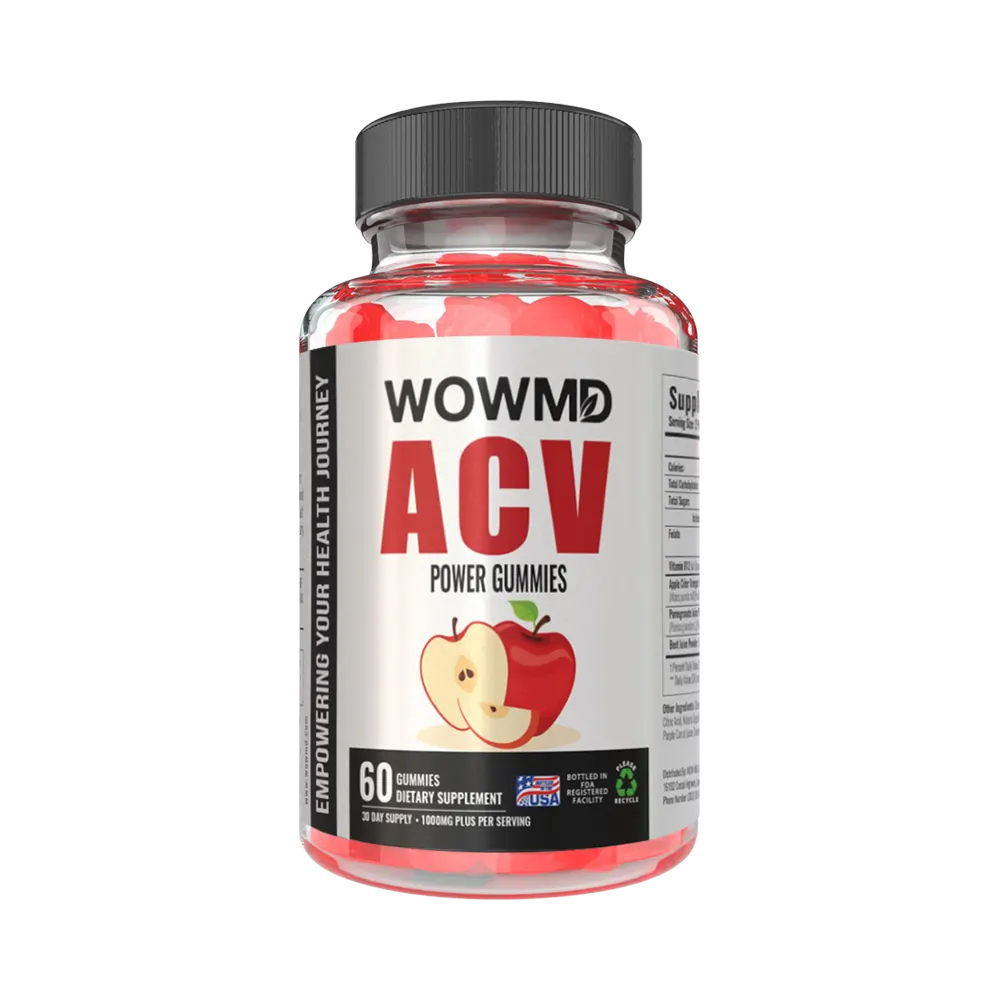
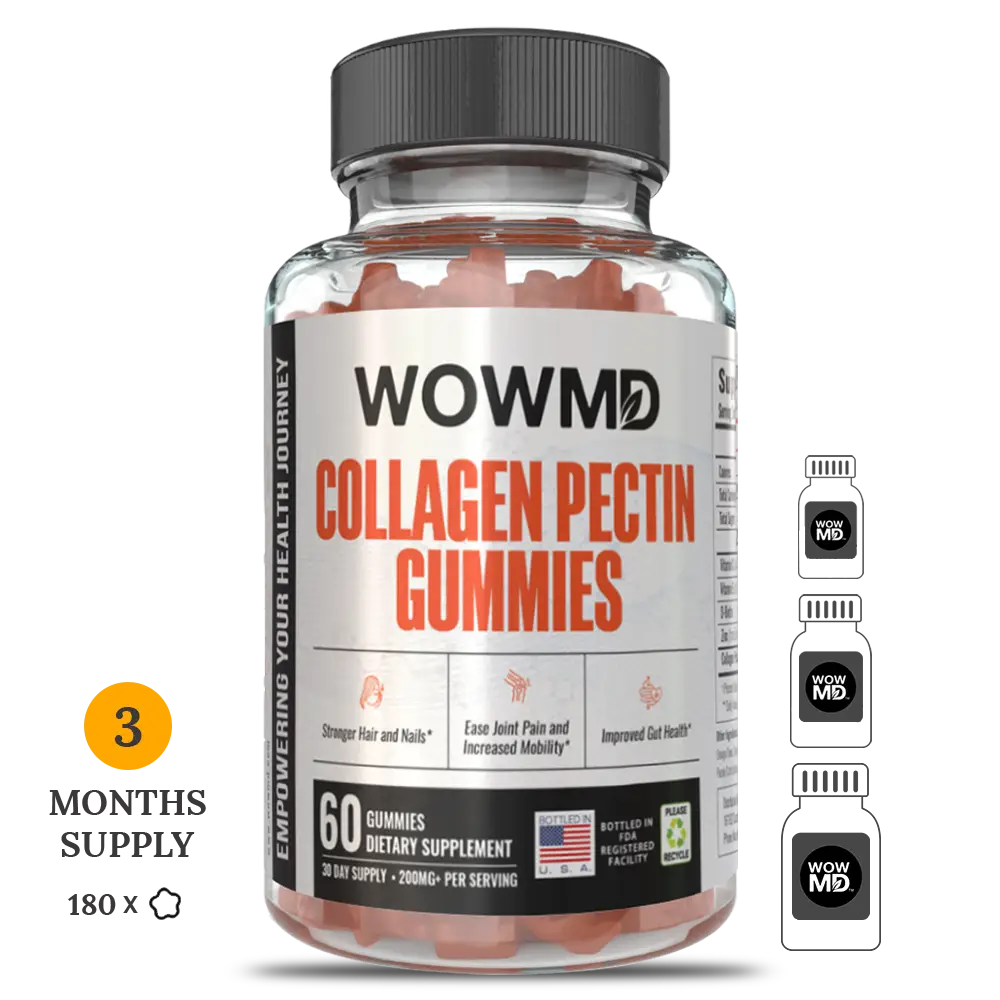
 Skin Detoxification Bundle
Skin Detoxification Bundle Complete Weight Loss Bundle
Complete Weight Loss Bundle Heart Care Bundle
Heart Care Bundle Better Immunity Bundle
Better Immunity Bundle  Men's Immunity & Prostate Health Bundle
Men's Immunity & Prostate Health Bundle Stress + Energy + Wellness Combo
Stress + Energy + Wellness Combo  Energy Booster Combo
Energy Booster Combo Natural Skin Care Bundle
Natural Skin Care Bundle Workout Supplements Combo
Workout Supplements Combo Cognitive Health & Vision Combo
Cognitive Health & Vision Combo Joint Health Support Combo
Joint Health Support Combo
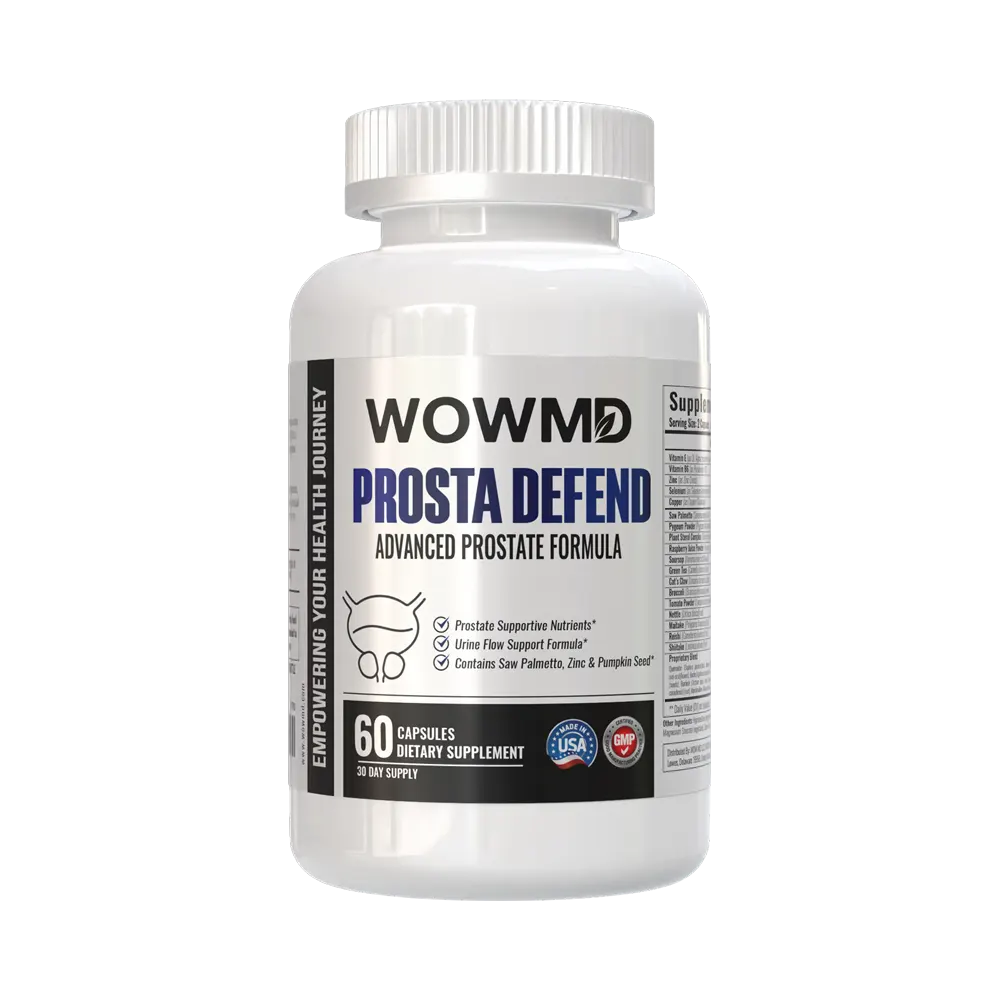
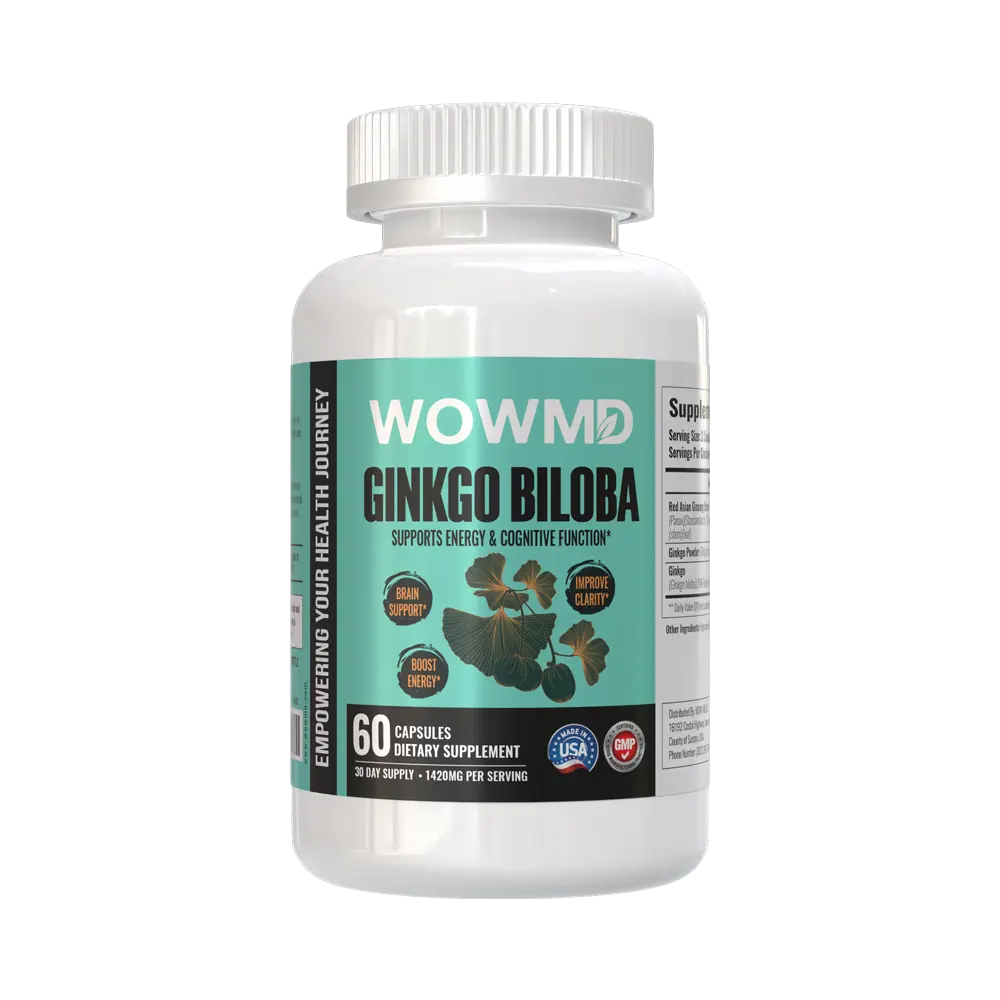



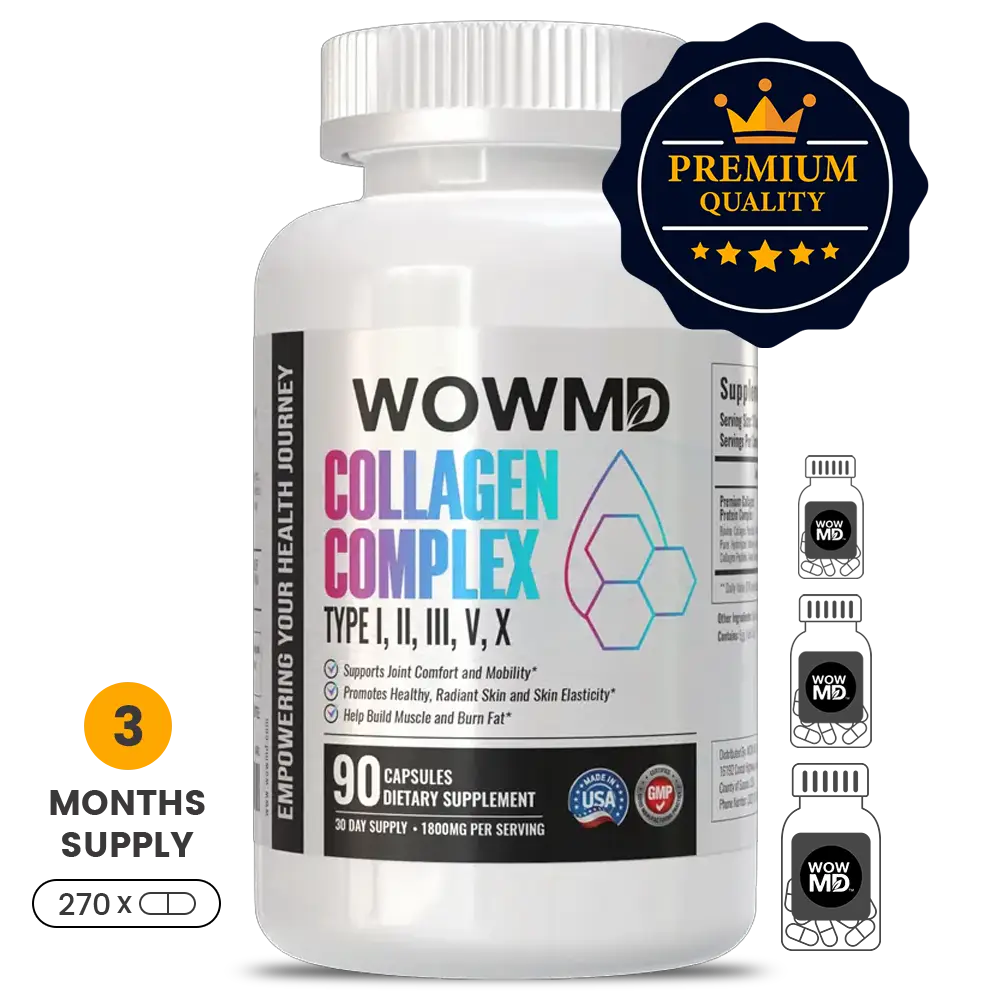

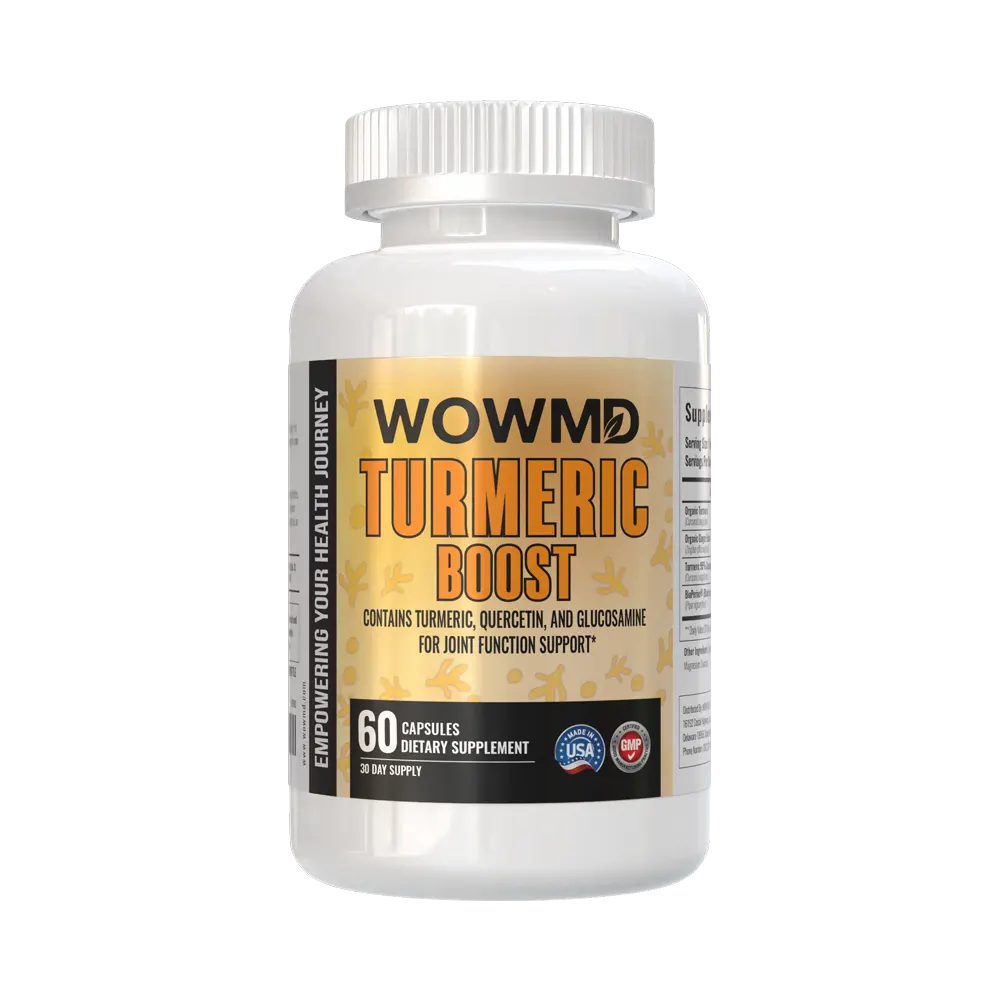




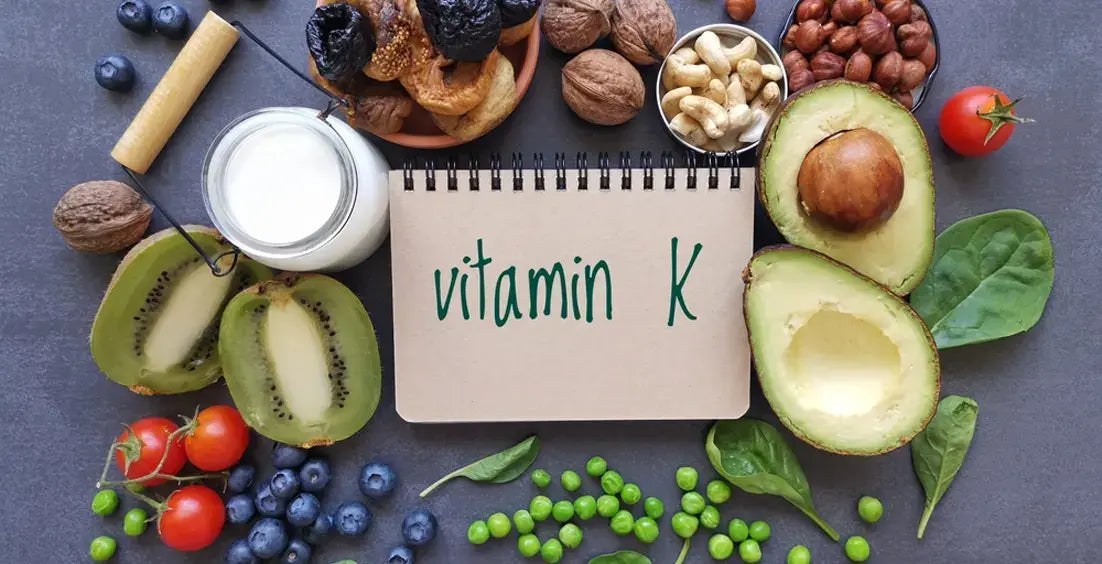

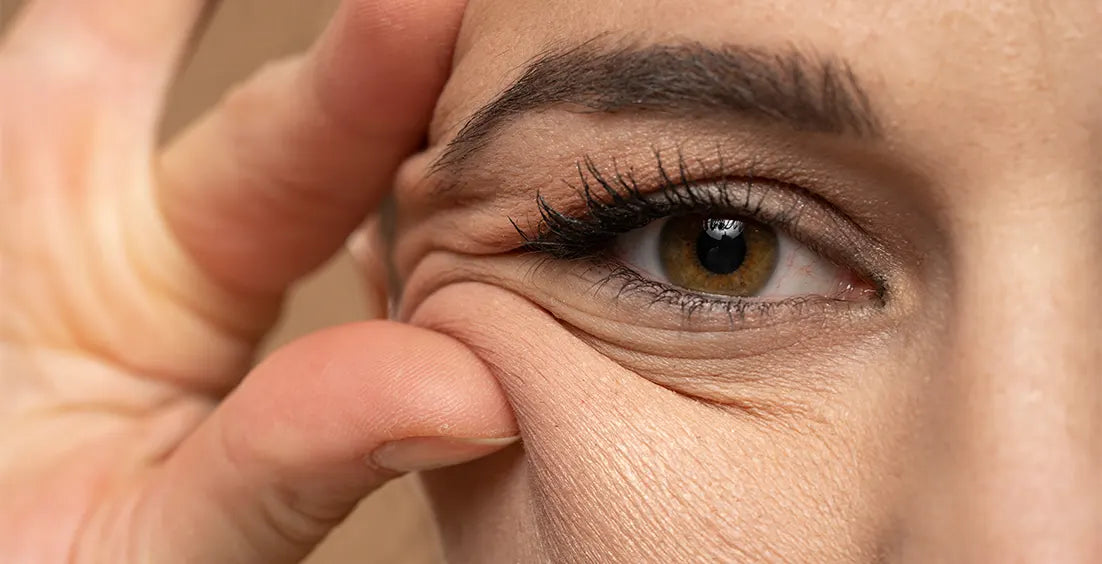


 By WOWMD Staff
By WOWMD Staff